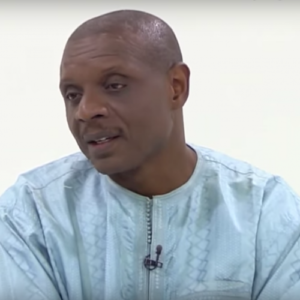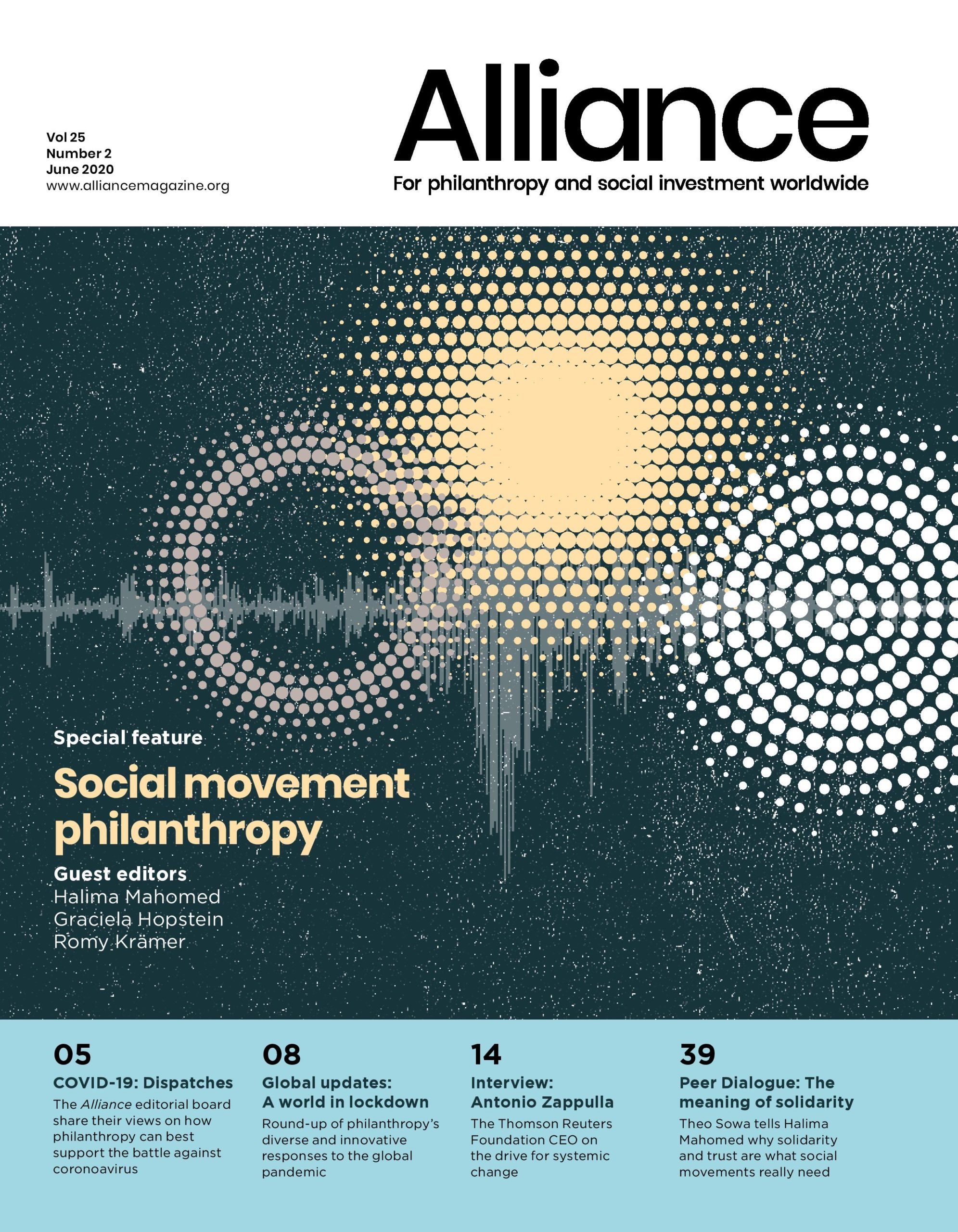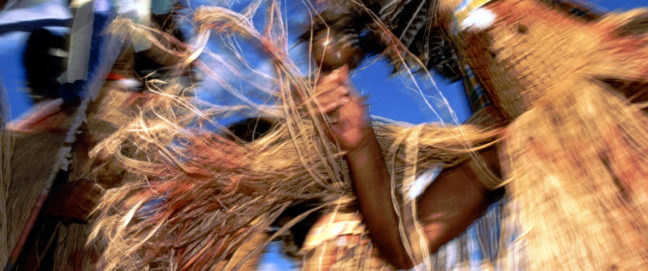 Ebrima Sall, executive director of TrustAfrica, which was instrumental in setting up the African Social Movements Fund, tells Alliance about the background to the fund and its aims
Ebrima Sall, executive director of TrustAfrica, which was instrumental in setting up the African Social Movements Fund, tells Alliance about the background to the fund and its aims
Alliance: How did the fund come about and when did it start?
Ebrima Sall: Discussions began in Harare during the Social Movements Baraza in February 2018 that TrustAfrica convened with Wallace Global Fund and Omidyar Network (now Luminate). The Baraza brought leading social movements from several African countries including South Africa, Kenya, Senegal, DRC, Burkina Faso and Zimbabwe. The need to support emerging citizens’ movements, particularly those formed and led by youth, was identified and some of the participants and donors present agreed to set up a joint fund. In May 2019, representatives of three funding organisations (Wallace Global Fund, American Jewish World Service, Open Society Initiative for West Africa), two continental social movements platforms (the Afrikki Platform and Africans Rising) and TrustAfrica held a planning meeting in Dakar.
Over the years, the shrinking of civic space in many countries has made the consolidation and growth of citizens’ movements very difficult.
What will it do?
The Social Movements Fund will have two components. First is an Emergency Assistance Fund for activists and officials of social movements in distress and for movements experiencing difficulties – helping them get and pay for a lawyer, medical assistance, and temporary safe havens for activists whose lives might be in danger, and so on. The second component is related to systemic support to the social movements, particularly the citizens’ movements that are new and need to be more firmly established. Many of the movements that have emerged since the uprisings in North Africa and the rise of Y’en a Marre in Senegal, followed by those in Burkina Faso, the DRC, and other countries are faced with major challenges to do with their degree of institutionalisation, resource constraints, etc.
Over the years, the shrinking of civic space in many countries has made the consolidation and growth of citizens’ movements very difficult. Movements who have been the most consistent in taking up issues of accountability and transparency in the governance of public resources, cost of living, fairness of the electoral processes, and justice are often accused of being ‘political’, and their leaders and militants are harassed and persecuted.
So far, emergency assistance has been provided to individuals playing leading roles in social movements in several countries, some of whom were detained for long periods.
What makes the Social Movements Fund special is not only that it seeks to strengthen emerging citizens’ movements, but also that membership of the steering committee is comprised entirely of representatives of the citizens’ movements themselves. There is also an advisory committee whose members include donors, representatives of social movements, and a few academics who specialise in the study of social movements. But while it advises, it has no veto powers over the steering committee’s decisions, so decision-making lies with the movements themselves.
How much money is involved?
The emergency assistance component has received initial contributions of $50,000 each from Wallace Global Fund, AJWS and TrustAfrica, and it has already provided support to activists in several countries. Wallace Global Fund is also providing funding for emergency assistance to social movements activists in Zimbabwe through the Zimbabwe Alliance programme of TrustAfrica.
The emergency support grants are usually small, on average $5,000 per grant. So far, emergency assistance has been provided to individuals playing leading roles in social movements in several countries, some of whom were detained for long periods. The grants for systemic support to movements will be larger, and for longer periods. These have not yet begun.
Disbursement of emergency relief funds to the steering committee has had to be suspended for a time in order to clarify some issues with the state authorities we are working through – the movement receiving the funds on behalf of the steering committee did not have the status of ‘an association serving the public good’, which allows them to receive donations and grants.






Comments (0)